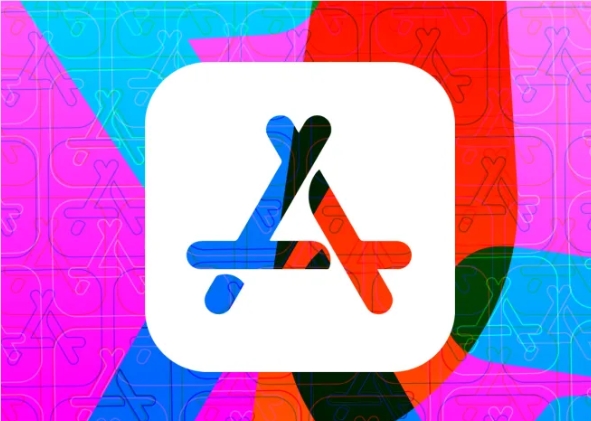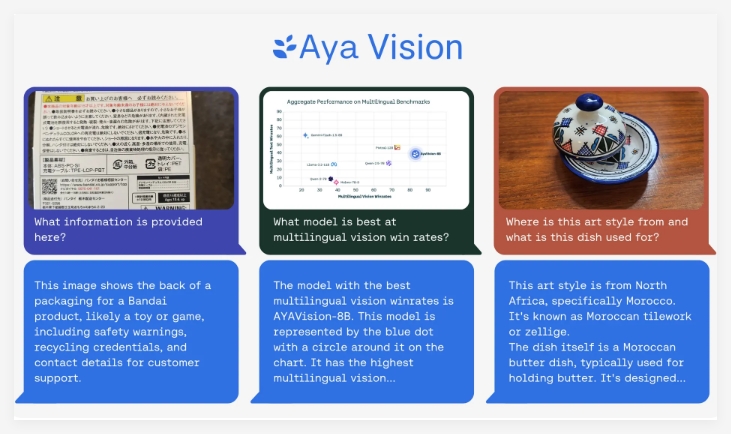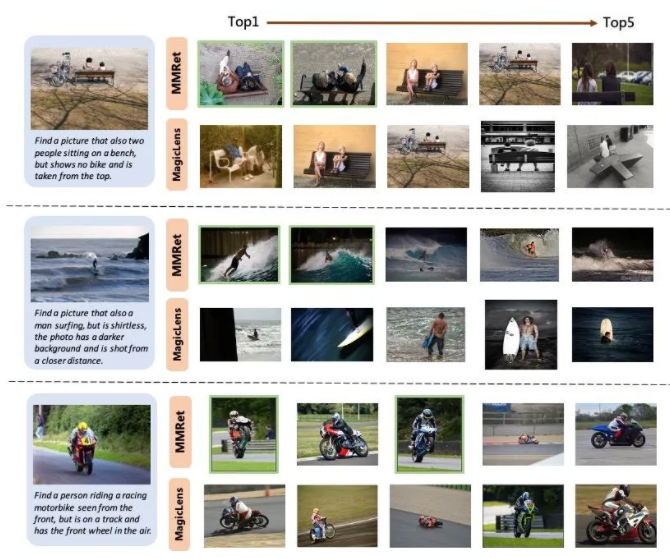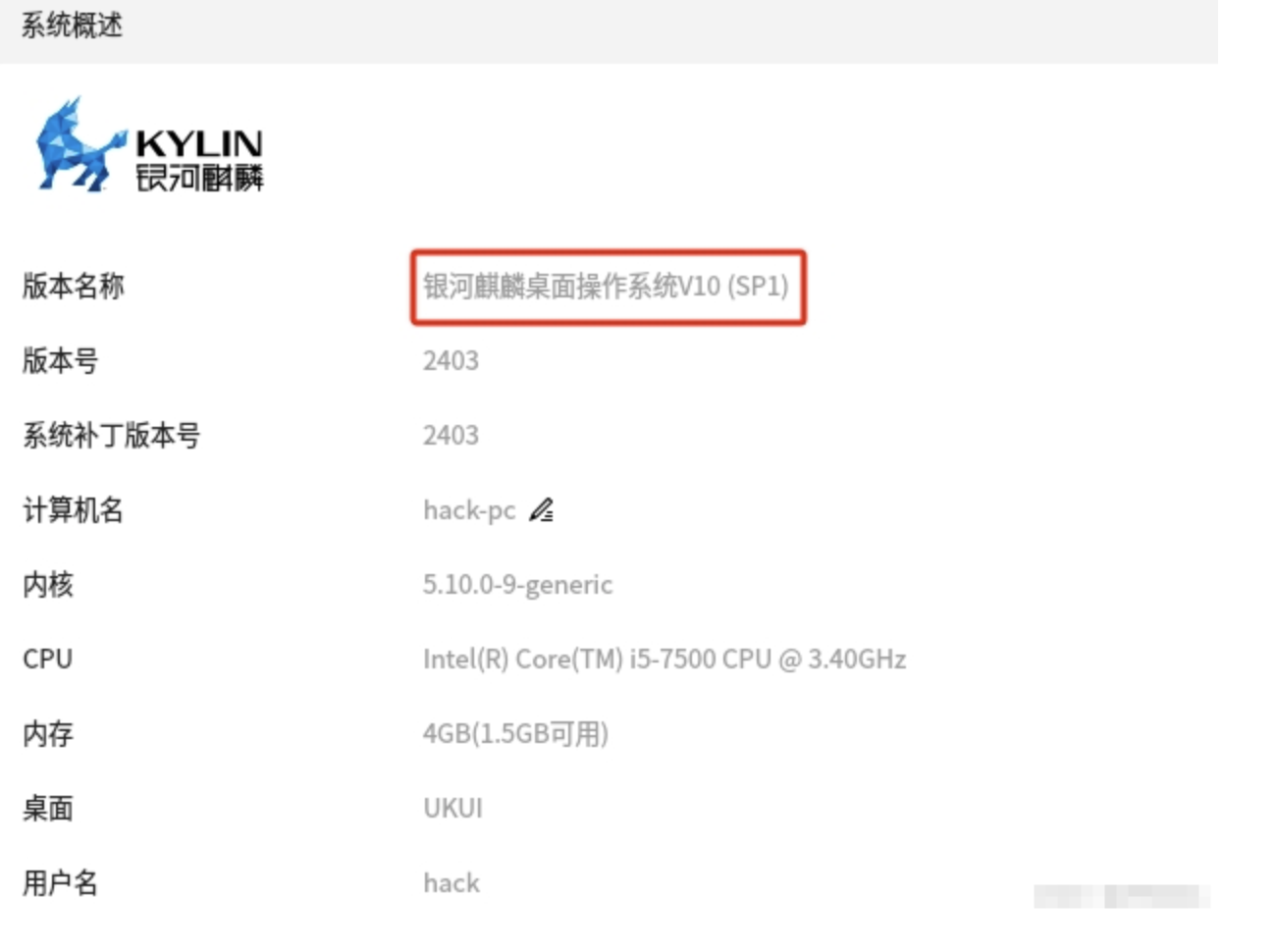At the recent CES show, Nvidia CEO Jensen Huang made a striking statement: "RTX5070 can achieve the performance level of RTX4090 at a price of $549." This statement quickly sparked a heated discussion on social media, Especially on YouTube and TikTok, there are endless comments. So, can the RTX5070 really compete with the $1,599 RTX4090? The answer is not simple, and the key lies in Nvidia’s latest DLSS4 technology.
Nvidia's claim is largely based on its latest generation of deep learning super-sampling technology (DLSS). Huang Renxun admitted that all this "is impossible to achieve without artificial intelligence." DLSS4 introduces multi-frame generation technology, which can generate up to three additional frames of images based on each traditional rendering frame. Although some PC gamers have questioned this "fake frame" approach, arguing that it does not reflect the true performance of the graphics card, Nvidia explains that with DLSS4, the RTX5070 can achieve performance levels previously only achieved by the RTX4090.
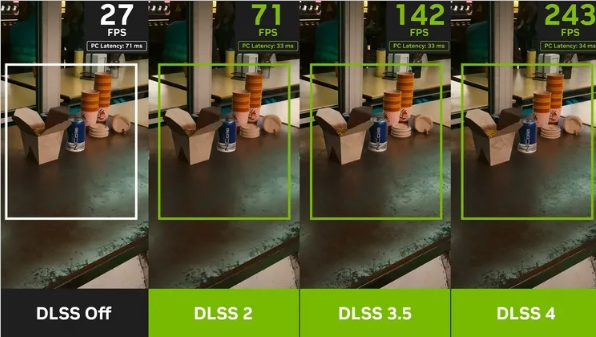
In the demonstration of DLSS4, Nvidia showed that in games such as "Cyberpunk 2077", the RTX5070 using DLSS4 can increase the frame rate from 27fps when DLSS is not enabled to 243fps, which is a significant improvement. Nvidia emphasizes that the RTX5070 can achieve similar performance to the RTX4090 under DLSS3.5 in games supported by DLSS4, but this does not mean that the RTX5070 will surpass the RTX4090 in all settings and configurations.
Nvidia also pointed out that DLSS4 uses a new transformer model, which increases the speed of the frame generation model by 40% and reduces the video memory usage by 30%. Although DLSS4's multi-frame generation technology can significantly improve frame rates, the game's input lag and feel are still an important issue. Even when the frame rate is significantly improved, the smoothness of the game experience is closely related to the original frame rate.
In modern games, many technologies use various optimization methods to improve image quality, and DLSS4 provides developers with more tools to achieve better visual effects. As more games begin to support ray tracing technology, the future of PC gaming will likely become increasingly reliant on these AI-driven rendering technologies.

